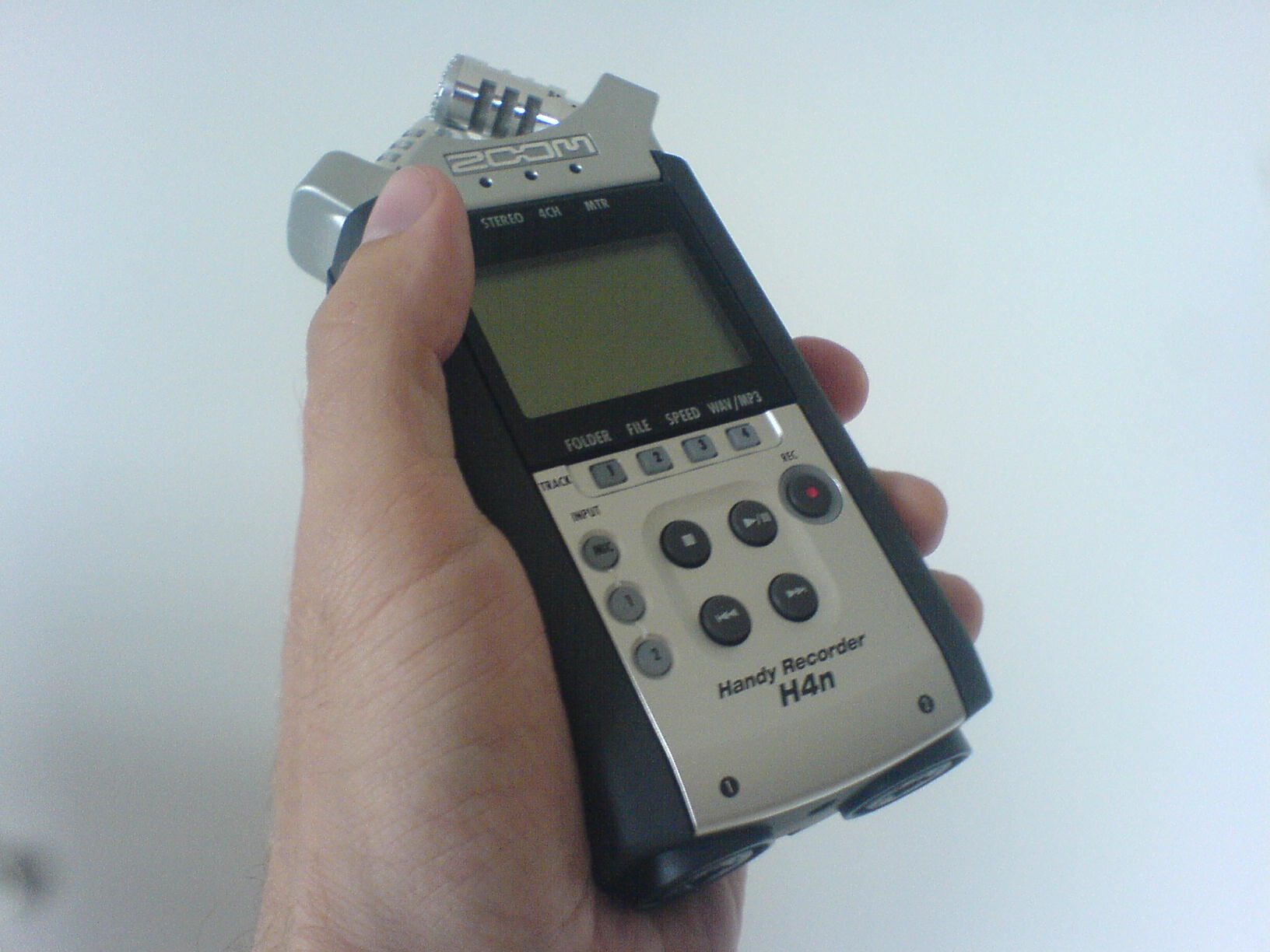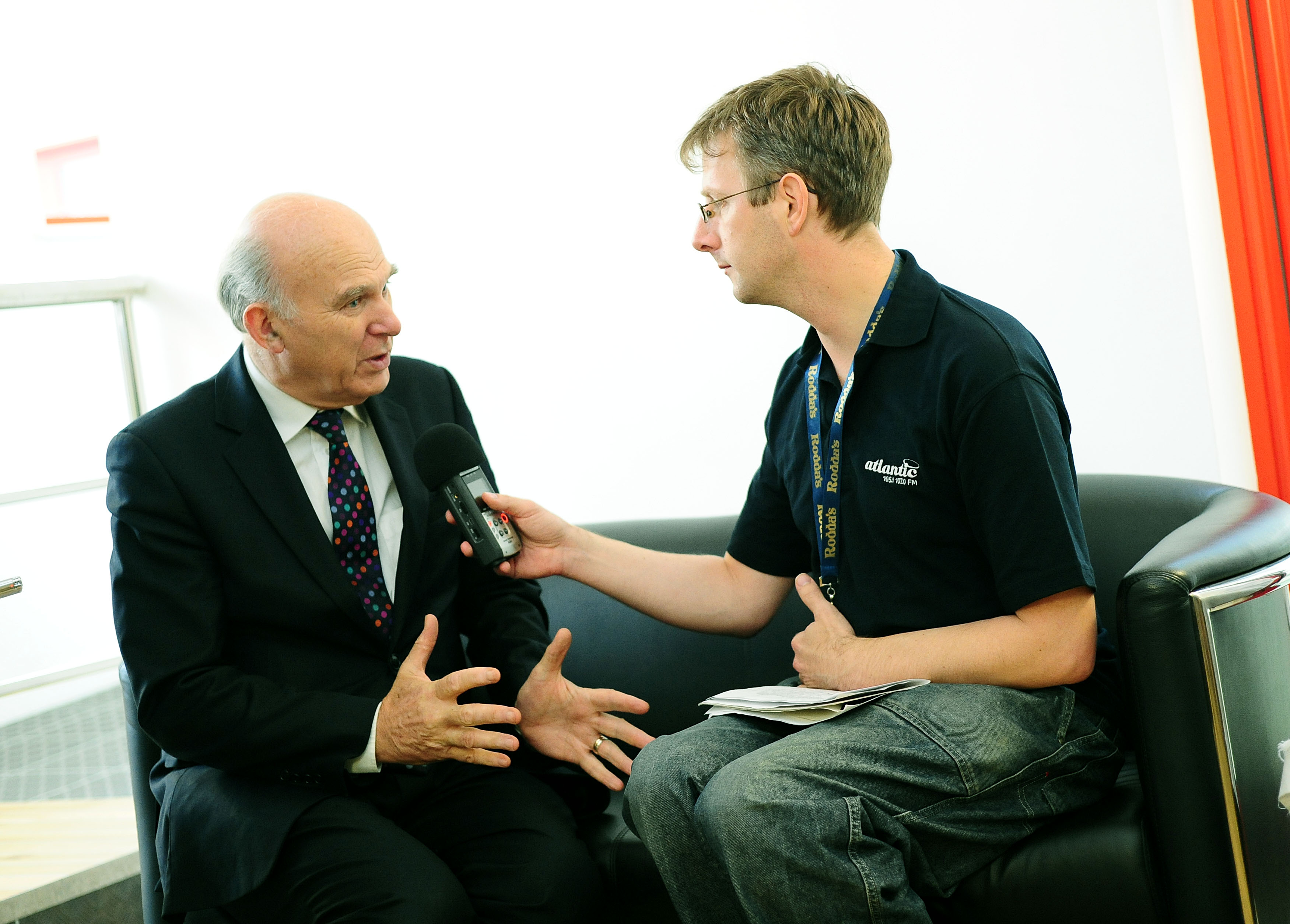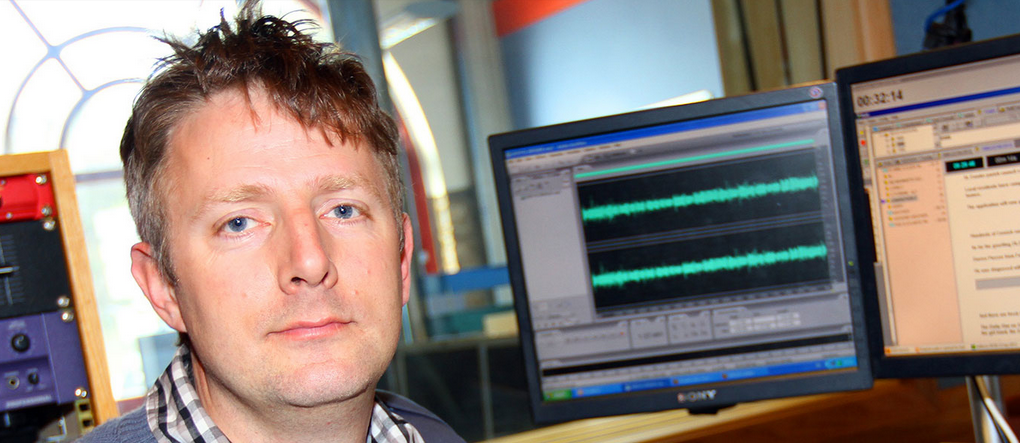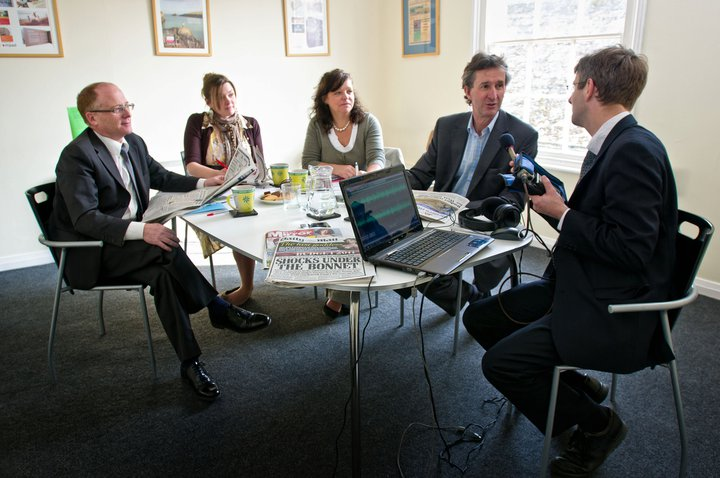Audio shares many of the benefits of radio in that it allows listeners to carry on other activities, such as driving and cooking, whilst engaging with the content. It also is a medium that allows the listener to have more active engagement with the content because they are not being spoon-fed the visual information. The person interacting with audio is almost forced into creating their own visuals of the content. This can be encapsulated in the phrase that anyone who has ever presented on the radio is used to hearing from listeners: “I never imagined you looked like that!”.

The world of online marketing is heavily driven by visual content because it creates an instant impact where audio is a slower burn. The listener first has to believe that they are going to gain something from pressing play. The most effective podcasts are often embedded in popular blogs making the most of powerful images too. Podcasts have been pushed by the BBC through iPlayer, however, marketeers have not really picked up the concept of creating content to learn from and listen to while driving long distances. This is still a largely uncharted territory.

I believe that the big selling point for audio podcasts revolves around most of us living in a world where we have little time to spend on everything and that every spare minute needs to be constructively used. This need has an answer in podcasting. Companies can help people learn about projects, products, concepts and stories in what some people may consider as ‘down-time’. This is the time where people drive for an hour or more to a meeting. All there is ahead of them is a traffic jam and a glove compartment of scratched seventies rock compilations. The technology now allows most of us to marry our phones directly into the in-car hifi and play whatever has been downloaded. This might be anything from a talking book to a tutorial on NLP.

The first step is to do your research. Who is likely to listen? What are they likely to listen for? How are they likely to find your content? When are they likely to listen to it? Once you have done your research, map out the feel of the podcast. What tone of voice are you going to use? How much content are you going to give? What methods are you going to use to give the listener access to further material? What platforms are going to host your podcasts?
So far, because I believe we are still in the early days (unbelievably?) of working out how audio can effectively work online, the exemplars of podcasting have to be the BBC. They have invested a lot in the platform to circulate podcasts and embed in online news articles. Another exemplar is Heart Radio. They have a website that acts regionally for each station and allows journalists to upload longer versions of audio. This is useful for news coverage because commercial radio generally only plays out short clips in bulletins. If you look at Audioboom – many other radio stations are creating podcasts out of excess audio too. This means that if a company’s marketing manager gets the station into a news bulletin, the content can be linked into the online written version of the story and easily shared on social media platforms.
